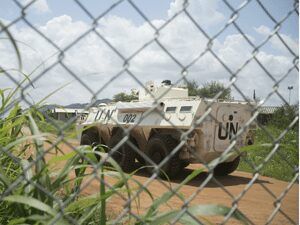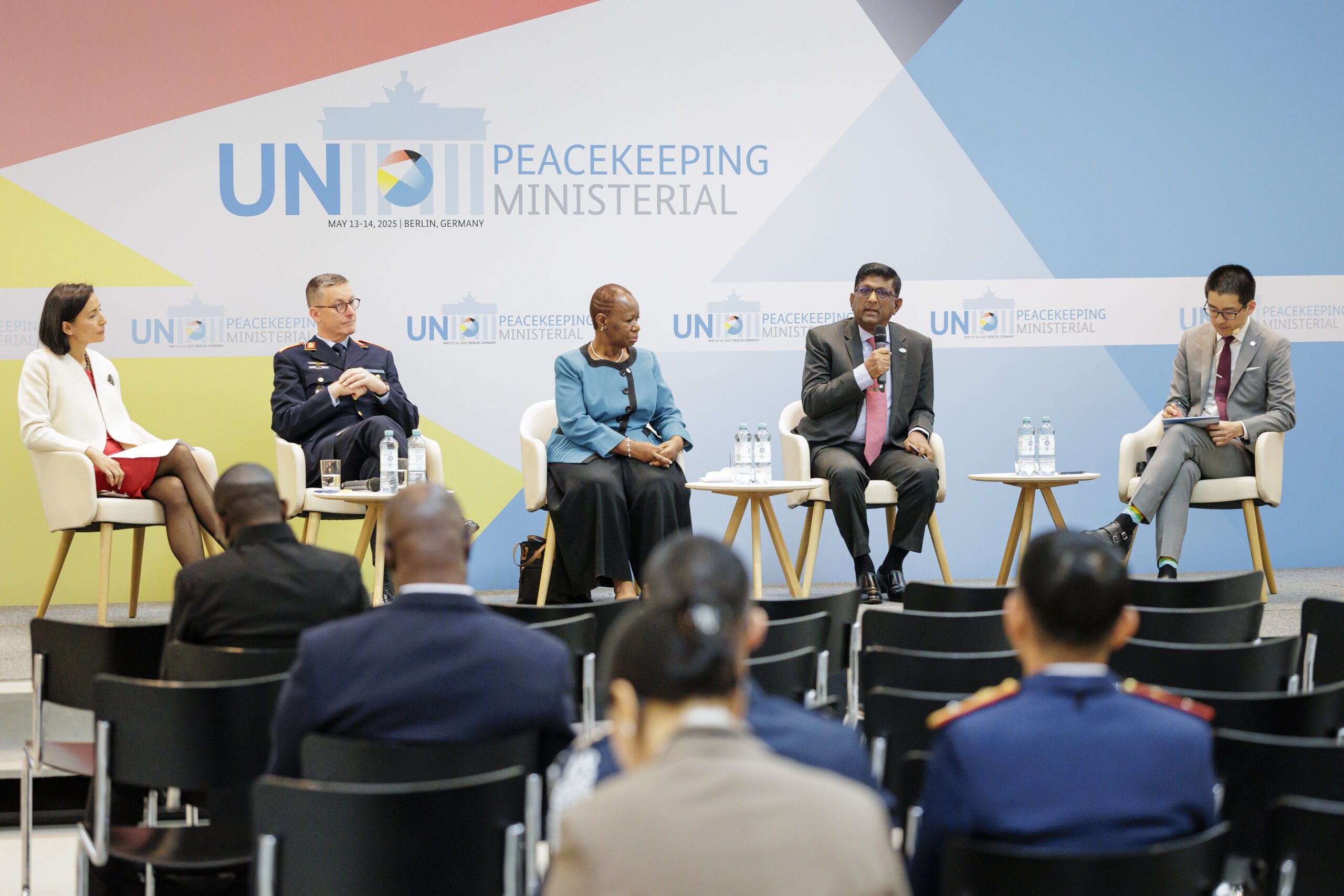

Array
(
[thumbnail] => https://s42831.pcdn.co/wp-content/uploads/2022/09/commentary_roberts_sudan_300x225-1-150x150.jpg.optimal.jpg
[thumbnail-width] => 150
[thumbnail-height] => 150
[medium] => https://s42831.pcdn.co/wp-content/uploads/2022/09/commentary_roberts_sudan_300x225-1.jpg.optimal.jpg
[medium-width] => 300
[medium-height] => 225
[medium_large] => https://s42831.pcdn.co/wp-content/uploads/2022/09/commentary_roberts_sudan_300x225-1.jpg.optimal.jpg
[medium_large-width] => 300
[medium_large-height] => 225
[large] => https://s42831.pcdn.co/wp-content/uploads/2022/09/commentary_roberts_sudan_300x225-1.jpg.optimal.jpg
[large-width] => 300
[large-height] => 225
[1536x1536] => https://s42831.pcdn.co/wp-content/uploads/2022/09/commentary_roberts_sudan_300x225-1.jpg.optimal.jpg
[1536x1536-width] => 300
[1536x1536-height] => 225
[2048x2048] => https://s42831.pcdn.co/wp-content/uploads/2022/09/commentary_roberts_sudan_300x225-1.jpg.optimal.jpg
[2048x2048-width] => 300
[2048x2048-height] => 225
[gform-image-choice-sm] => https://s42831.pcdn.co/wp-content/uploads/2022/09/commentary_roberts_sudan_300x225-1.jpg.optimal.jpg
[gform-image-choice-sm-width] => 300
[gform-image-choice-sm-height] => 225
[gform-image-choice-md] => https://s42831.pcdn.co/wp-content/uploads/2022/09/commentary_roberts_sudan_300x225-1.jpg.optimal.jpg
[gform-image-choice-md-width] => 300
[gform-image-choice-md-height] => 225
[gform-image-choice-lg] => https://s42831.pcdn.co/wp-content/uploads/2022/09/commentary_roberts_sudan_300x225-1.jpg.optimal.jpg
[gform-image-choice-lg-width] => 300
[gform-image-choice-lg-height] => 225
)
Global Peace Operations Review
UN Peacekeeping in South Sudan: A Kiwi Comes to Juba
The following is a guest post by Megan Roberts, associate director of the International Institutions and Global Governance program at the Council on Foreign Relations.
January 2017 David Shearer of New Zealand will take the helm of South Sudan’s beleaguered peacekeeping operation (the UN Mission in South Sudan, or UNMISS). Outgoing UN Secretary-General Ban Ki-moon tapped Shearer, a former New Zealand MP, as his special representative to oversee one of the United Nations’ most expensive missions, composed of nearly fourteen thousand uniformed personnel and two thousand civilians.
Shearer assumes leadership at a dangerous time for the world’s youngest country. Ushered into independence on a wave of optimism five years ago, South Sudan quickly descended into violent conflict, first against Sudan and then later into a civil war that began in 2013. Under significant international pressure, President Salva Kiir and his main rival, Riek Machar, agreed in August 2015 to a regionally-brokered peace agreement, which introduced a tenuous power-sharing arrangement. In a sign of just how fragile the truce was, Machar was not sworn in as vice-president until he returned to South Sudan eight months later.
Today, South Sudan faces intertwined security, political, economic, and humanitarian crises. In July 2016, the capital of Juba erupted into violence, dealing what may be a fatal blow to the peace process. Machar again fled the country and shortly after, Taban Deng Gai, formerly the opposition’s chief negotiator, was sworn in as the new vice-president. The move, which international actors accepted for pragmatic reasons, has sidelined much of the opposition. Denied a means to engage politically, those still loyal to Machar are now likely to advance their objectives through violence.
As the dry season begins, ominous warning signs point to renewed clashes, including in areas previously unaffected by conflict. Government and opposition groups are recruiting fighters and stocking up on arms in what combatants increasingly see as an existential conflict. Intertribal incitement has escalated. The United Nations has warned of the potential for genocide. President Kiir has proposed a national dialogue. In other circumstances, this could help deescalate the conflict. But the UN has warned that the deteriorating security environment will not allow for an inclusive process.
As with previous rounds of fighting, civilians will again be in the crosshairs of attacks by both government and opposition. Aware of the danger, more than one million South Sudanese have fled to neighboring countries. Those who stay face record levels of food insecurity. The risk of famine looms.
UN peacekeepers have struggled to maintain order in the face of repeated cycles of violence in South Sudan. UNMISS was initially authorized in 2011, with a mandate to help build the capacity of the new government and protect civilians. As civil war consumed the country in 2013, civilians sought protection from the warring parties on UN bases. The Security Council responded by restructuring the peacekeeping mission to place priority on the protection of civilians.
The mission has struggled with the enormity of the task, however, and its troops have repeatedly failed to implement their mandate. According to one inquiry into clashes at a protection site in Malakal in early 2016, UN troops abandoned their posts or refused to engage combatants in a number of instances, endangering civilians. A second investigation into violence that erupted in July 2016 detailed a “chaotic and ineffective response,” including abandonment of posts and instances of failure to protect civilians. In response, Ban Ki-moon took the unusual step of firing the mission’s Kenyan force commander, drawing the ire of the Kenyan government, which announced its intent to withdraw all of its more than one thousand peacekeepers from UNMISS.
Peacekeepers should not be given a pass for failing to implement their mandate, particularly when they abandon posts, putting civilians at risk and undermining the credibility of their mission. But some perspective is in order: With the August 2015 agreement in tatters, UN peacekeepers in South Sudan are being asked to keep peace where there is none to keep.
Nor is there any consensus among regional and international partners on where to go from here. Despite dire warnings from Ban Ki-moon and the head of UN humanitarian affairs, the Security Council recently failed to agree on implementing a long overdue arms embargo, unable to garner the nine needed votes (China and Russia were among those who abstained). Though a belated step, such an embargo could have stemmed the violence while symbolizing the council’s unified effort to bring peace to South Sudan. Regional powers, with competing interests in South Sudan, are also divided on how to proceed.
In practical terms, UNMISS is nowhere near large enough to fulfill its mandate. Three years after civil war erupted, peacekeepers are still sheltering more than two hundred thousand civilians in porous protection camps. In the wake of the violence of summer 2016, the Security Council authorized the deployment of a 4,000-strong protection force, to be drawn from countries in the region, with a mandate to facilitate free movement in Juba, protect the Juba airport, and protect civilians, UN staff, and humanitarian workers. The national government consented to the force under regional and international pressure, but it has since obstructed efforts to deploy it. As signs point to potential genocide, the United Nations has warned that its peacekeeping mission lacks “the appropriate reach, manpower or capabilities to stop mass atrocities.”
The government of South Sudan has also placed restrictions on the ability of previously deployed UNMISS forces to move freely about the country, hindering the mission’s ability to implement its mandate—and violating the status of forces agreement signed by the government and United Nations. In his last report on UNMISS to the Security Council, Ban Ki-moon warned that this “barrage” of restrictions was paralyzing the mission. Government forces regularly harass UNMISS staff and the mission itself came under fire during the July 2016 violence. Attacks on UN personnel by government troops increased in the months after.
All of this comes as the United Nations, United States, and African Union Commission are undergoing leadership transitions. Meanwhile, UNMISS itself has been without a leader and force commander since November. This leadership vacuum, which coincides with the onset of the dry season, is likely to tempt combatants to try to reshape realities on the ground and strengthen their bargaining hand.
All this presents quite a challenge to the new UN secretary-general, Antonio Guterres, who took office on January 1, and David Shearer, his man in Juba. Having already served the United Nations in Afghanistan, Iraq, and Lebanon, Shearer faces what may be his toughest post yet. As head of UMISS, he will need to assess how he can support resuscitating a moribund political process in South Sudan, as well as assisting an inclusive national dialogue if one is forthcoming. He will also need to rapidly assess the capacity of the mission to carry out its mandate, as well as accelerate implementation of the recommendations stemming from the two 2016 inquiries on mission performance. His priorities must include ensuring that all personnel understand the UNMISS mandate and conducting regular scenario-based exercises, so that staff are equipped to protect civilians and know how to respond when the mission comes under attack.
For Guterres, who has made conflict prevention a core theme of his tenure, the task may be even harder: persuading an often fractious Security Council—including an incoming, nationally focused U.S. administration—that it must ramp up the United Nations’ presence in South Sudan or risk massive loss of life.
This commentary originally appeared in the Council on Foreign Relations blog The Internationalist on 5 January 2017.
Megan Roberts is the associate director of the International Institutions and Global Governance program at the Council on Foreign Relations. Twitter: | @MeganMRoberts1
More Resources
-

-

Reflections on the 2025 Peacekeeping Ministerial
Eugene Chen
Stay Connected
Subscribe to our newsletter and receive regular updates on our latest events, analysis, and resources.
"*" indicates required fields


